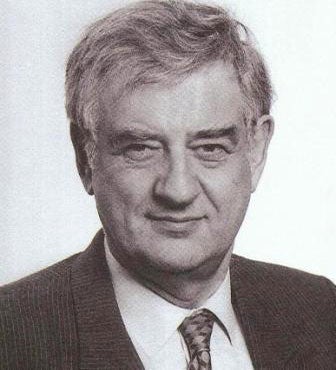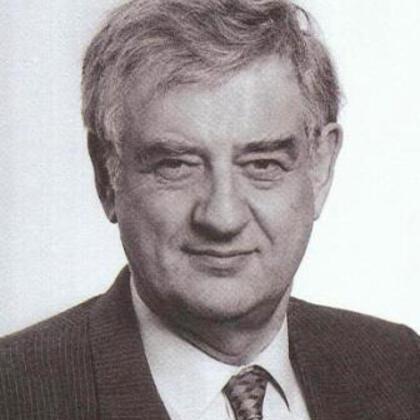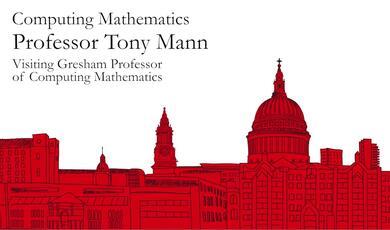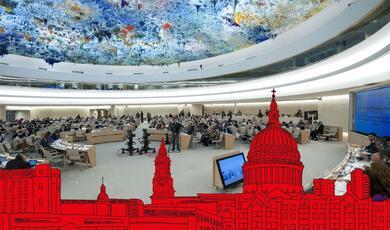Categorisation of Legal Disputes on the Internet
Share
- Details
- Text
- Audio
- Downloads
- Extra Reading
The substantive law, as identified in the decided cases particularly in the US, indicates to whom a duty is owed. In Private International Law, this may cause significant problems for the courts where legislation in one country is not mirrored in another. For example, laws defining pornographic material vary widely, being significantly different from one country to another.
Download Text
Part of:
This event was on Wed, 02 Feb 2000
Support Gresham
Gresham College has offered an outstanding education to the public free of charge for over 400 years. Today, Gresham College plays an important role in fostering a love of learning and a greater understanding of ourselves and the world around us. Your donation will help to widen our reach and to broaden our audience, allowing more people to benefit from a high-quality education from some of the brightest minds.


 Login
Login







